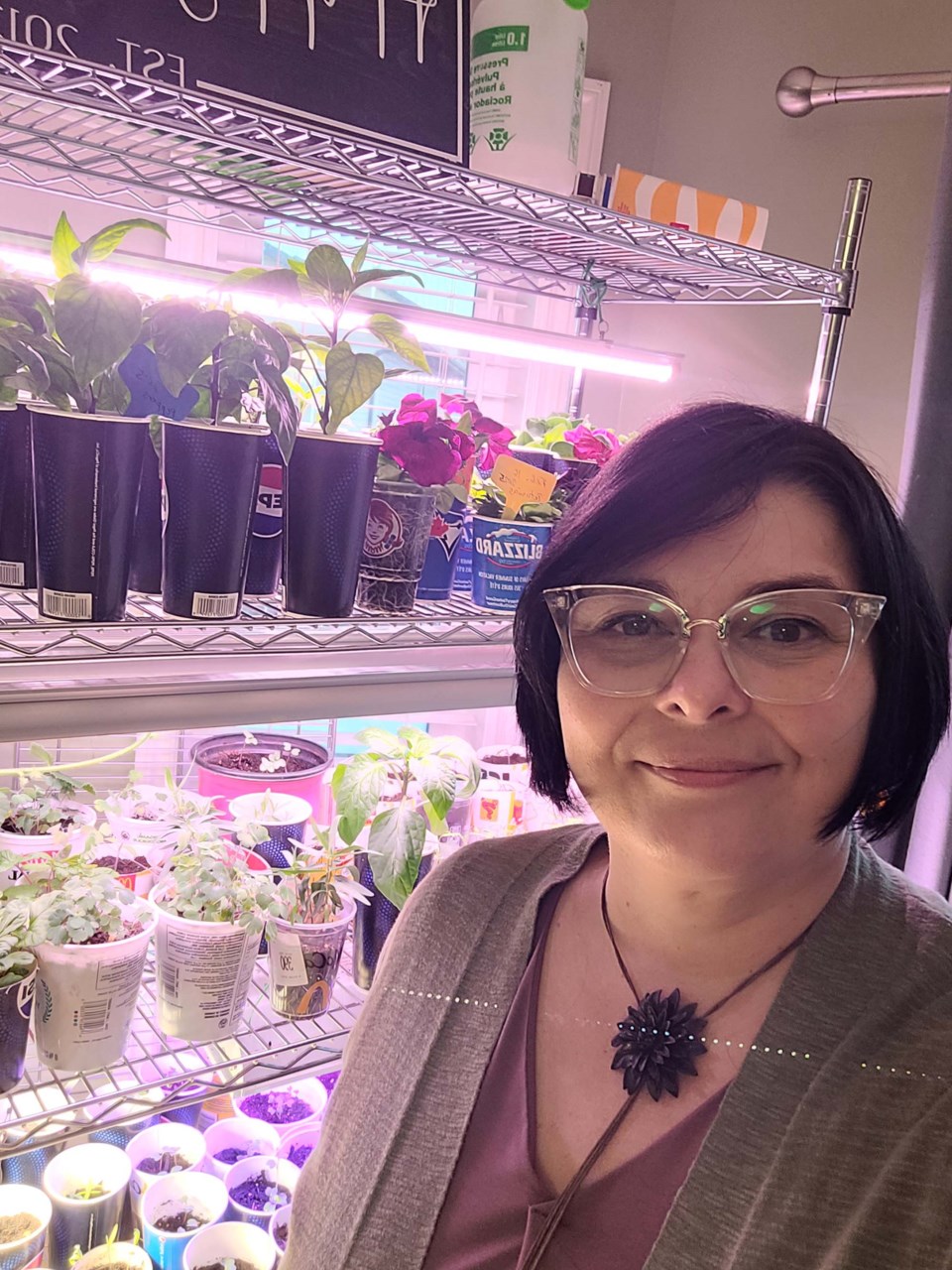Gardeners will learn how to grow their groves this weekend in St. Albert with the power of bees and bison.
About a hundred gardening enthusiasts will be at the Star of the North Retreat Centre on St. Vital Ave. April 12 for the third annual We Love Gardening symposium. The sold-out event has been organized by the St. Albert Backyard Gardening Group and the Star Co-Operative Garden and backed by a Green Community (formerly Environmental Initiatives) Grant from the City of St. Albert.
Aida Mustapic, founder of the St. Albert Backyard Gardening Group, said this year’s conference was so popular that it was sold out about a month ago. They added more seats and sessions, only to sell out again last week.
“I think next year we need to plan for more space and more presentations because interest is obviously very high,” she said.
Mustapic and Star of the North program co-ordinator Clinton Porritt said many St. Albert residents have gotten into gardening and self-sufficiency lately due to the pandemic, high food prices, and tariffs. This conference was meant to nurture that interest.
Mustapic and Porritt said this year’s conference focuses on regenerative agriculture and environmental stewardship. Speakers include Chef Joseph Forest, who will speak on phytonutrients and the healing power of herbs; Verne Williams, who will address fertilization; and Mustapic, who will talk about starting seedlings indoors.
Bees and buffalo?
Mark Stumpf-Allen, who runs Stony Plain’s master gardener program, will host a talk on how to mow your lawn like the bison.
Humans tend to cut grass as short as two centimetres from the ground, often damaging the crown, Stumpf-Allen said. This results in rapid but weak grass growth, more time and energy spent mowing, less carbon in the soil, and more soil compaction.
“The bison are really good mowers because they know where to stop grazing,” he explained.
Bison eat just the top parts of grass, leaving plenty of leaves for photosynthesis, Stumpf-Allen said. By raising the height of your mower’s blades, you can do the same, resulting in less mowing and healthier soil.
Synthetic fertilizers destroy soil fungi that produce nutrients for your lawn, he continued. Use natural fertilizers like the bison do for better results; you can substitute compost or grass clippings if you don’t have a load of manure to spread.
Bison also pick up and distribute seeds in their coat, resulting in a more varied landscape, Stumpf-Allen said. Gardeners can simulate this by planting a variety of native species in and around their lawns to increase biodiversity and soil nutrients.
Bird enthusiast Melissa Penney will speak about pollinator gardens at the conference.
If you want vegetables, fruit trees, and birds in your yard, you want pollinating insects of all sorts, Penney said.
“The key to that is having native plants,” she continued, as those plants provide food and shelter for your local bugs.
A good pollinator garden will have a mix of native grasses and flowers to draw a variety of pollinators, Penney said. It should also have rocks, leaf litter, decaying logs, and exposed dirt, all of which pollinators use for shelter at different points of the year.
The gardening symposium runs from 1 to 5 p.m. this Saturday April 12. Mustapic and Porritt said there will be a second symposium this July covering late-season gardening topics.
Visit starofthenorth.ca for details.



